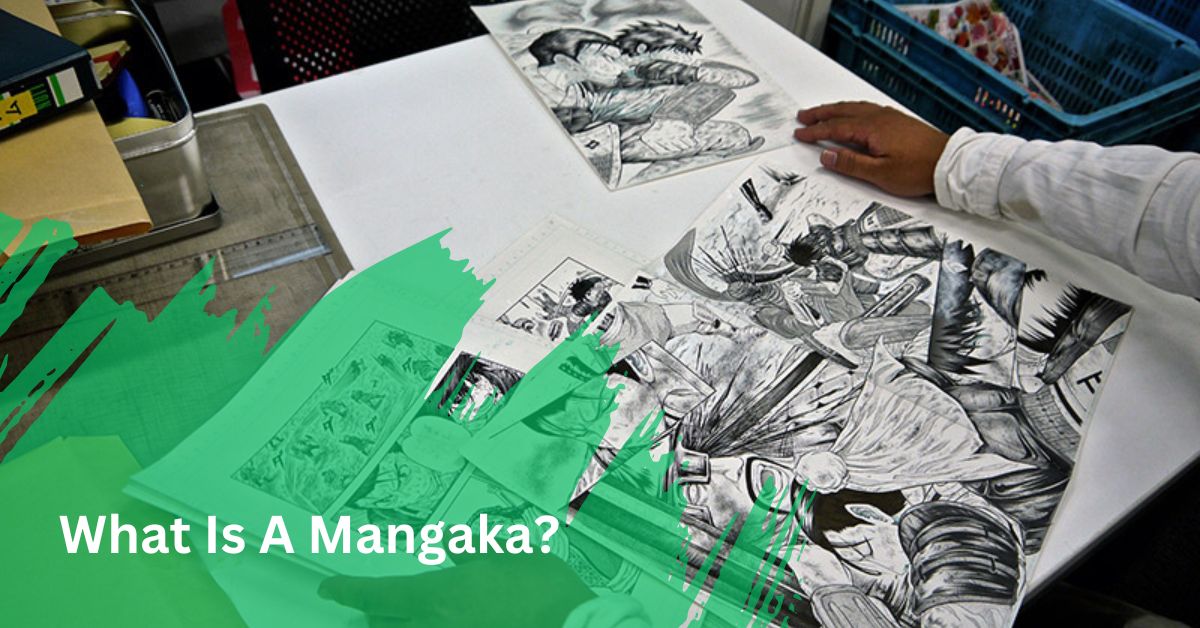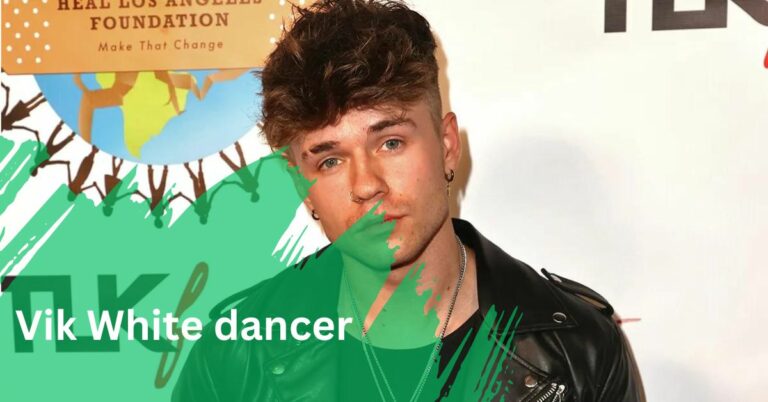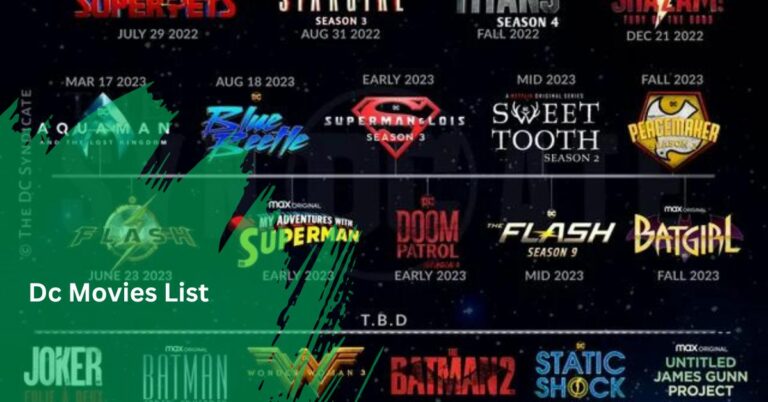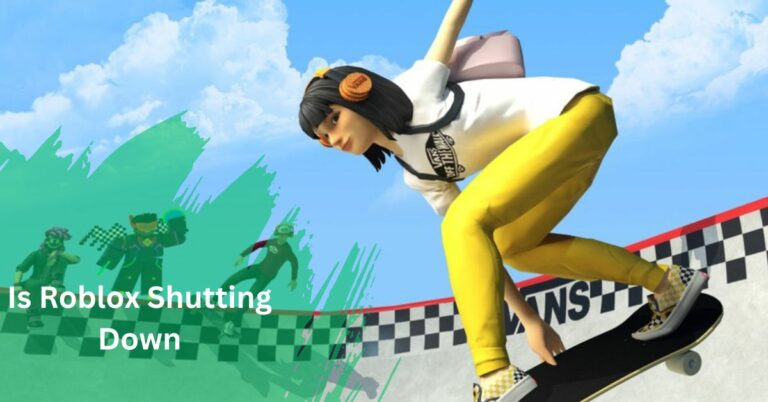What Is A Mangaka? – A Complete Guideline!
Mangaka, a term from Japan, refers to a comic artist or cartoonist who creates manga, the distinctive style of Japanese comic books and graphic novels.
A mangaka is a Japanese comic artist or author who creates manga, which are Japanese comic books or graphic novels.
In this article, we will discuss “What Is A Mangaka”.
Introduction To Mangaka:
The skilled manga creators Mangaka are storytellers who weave intricate narratives through a fusion of words and art.
With every pen stroke, they bring characters to life and transport readers to fantastical worlds filled with adventure, romance, and suspense.
Their mastery lies in their ability to capture emotions and convey complex themes through vivid illustrations and compelling dialogue.
Each manga series is a testament to their creativity and dedication, captivating audiences with its unique visual and imaginative storytelling blend.
Through their work, mangaka inspire and entertain, leaving an indelible mark on the hearts and minds of readers around the globe.
Roles And Responsibilities Of A Mangaka:
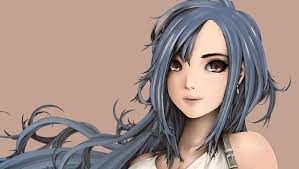
Writer And Illustrator:
- Writing Captivating Storylines: Mangaka crafts engaging narratives filled with twists, turns, and character development, captivating readers with their storytelling prowess.
- Illustrating Intricate Artwork: They bring their stories to life through detailed artwork, creating expressive characters, dynamic action scenes, and immersive environments.
Storyboard Artist:
- Planning Narrative Progression: Mangaka meticulously plans the sequence of events in each chapter or episode, ensuring a smooth storytelling flow and logical progression.
- Visualizing Scene Layouts: They sketch the arrangement of panels and pages, imagining how each scene will unfold to maintain reader engagement.
Character Designer:
- Creating Memorable Characters: Mangaka designs diverse and memorable characters, each with their unique appearance, personality, and backstory.
- Developing Character Relationships: They establish dynamic character relationships, driving the plot forward through interactions, conflicts, and alliances.
Promotional Activities:
- Engaging with Fans: Mangaka participates in events, conventions, and social media platforms to interact directly with fans, building a loyal community around their work.
- Marketing and Branding: They strategize marketing campaigns, merchandise development, and brand promotion to increase visibility and attract new readership.
Popular Mangaka:
Osamu Tezuka:
Known as the “God of Manga,” Osamu Tezuka revolutionized the industry with iconic works like “Astro Boy” and “Black Jack.”
Akira Toriyama:
Creator of the legendary series “Dragon Ball,” Akira Toriyama’s dynamic storytelling and vibrant artwork have captivated audiences worldwide.
Naoko Takeuchi:
Renowned for creating the beloved “Sailor Moon” series, Naoko Takeuchi is celebrated for her captivating characters and empowering narratives.
Mangaka’s Influence On Japanese Culture:
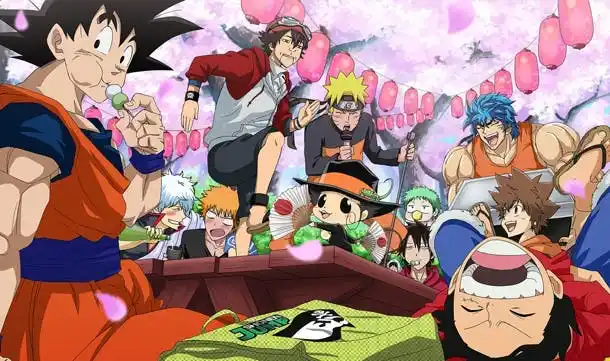
Popularity Of Manga Worldwide
Manga has become a cultural phenomenon in Japan and beyond, shaping entertainment, fashion, and social discourse.
Impact On the Anime Industry
Many popular manga series are adapted into anime, driving the growth of the anime industry and expanding the global reach of Japanese pop culture.
Promotion Of Art And Creativity
Mangaka inspires creativity and artistic expression among readers, encouraging aspiring artists to pursue their passions and develop their unique styles.
Reflection Of Societal Values
Manga often reflects Japanese society’s values, beliefs, and concerns, serving as a mirror that reflects cultural norms and societal changes over time.
Skills Required To Become A Mangaka:
- Drawing Skills:
Proficiency in drawing is essential for a mangaka, encompassing the ability to depict characters, environments, and action sequences with clarity and detail.
- Storytelling Abilities:
Mangaka must possess strong storytelling skills, including crafting engaging narratives, developing compelling characters, and structuring plots that captivate readers.
- Understanding Of Japanese Culture:
A deep understanding of Japanese culture, traditions, and societal norms benefits mangaka, as many manga themes and settings are rooted in Japanese culture.
- Emotional Expression:
The ability to convey emotions effectively through artwork and dialogue is crucial for mangaka, enabling them to evoke empathy and resonance in readers.
Steps To Becoming A Mangaka:
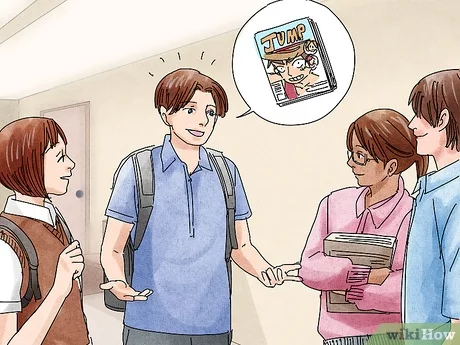
1. Develop Drawing Skills:
Practice drawing regularly to improve your artistic abilities, focusing on anatomy, perspective, and dynamic posing to create compelling artwork.
2. Study Manga And Storytelling:
Read a wide range of manga to understand different styles, genres, and storytelling techniques. Analyze how mangaka structures their narratives and develop characters to learn from their techniques.
3. Create A Portfolio:
Compile a portfolio showcasing your best artwork and storytelling skills. Include samples of character designs, page layouts, and completed manga pages to demonstrate your range and proficiency.
4. Submit Work To Publishers:
Research manga publishers and submit your portfolio to those accepting submissions. Be prepared for rejection and continue to refine your skills based on feedback received.
5. Network And Collaborate:
Attend manga events, conventions, and workshops to network with other artists and industry professionals. Collaborate with writers, editors, and fellow artists to gain experience and exposure in the industry.
6. Seek Feedback And Improvement:
Solicit feedback from peers, mentors, and online communities to identify areas for improvement in your artwork and storytelling. Use constructive criticism to refine your skills and grow as a mangaka.
7. Stay Persistent And Dedicated:
Becoming a mangaka requires dedication, perseverance, and a willingness to overcome challenges. Stay committed to your goals, continue to learn and improve, and never give up on your dream of becoming a successful mangaka.
Challenges Faced By Mangaka:
1. Intense Competition:
The manga industry is highly competitive, with numerous aspiring artists vying for limited opportunities. Standing out among the crowd and securing recognition can be daunting for mangaka.
2. Tight Deadlines:
Mangaka often faces tight deadlines imposed by publishers, requiring them to produce high-quality artwork and storytelling within short timeframes. Meeting these deadlines while maintaining creative integrity can be stressful and demanding.
3. Balancing Quality And Quantity:
Mangaka is constantly pressured to produce a high volume of work to satisfy reader demand and publisher expectations. However, maintaining quality while meeting production quotas can be a delicate balancing act.
4. Financial Instability:
Many mangakas struggle with financial instability, especially early in their careers. Royalties from manga sales may not provide a stable income, and securing lucrative deals or adaptations can be challenging.
5. Physical And Mental Strain:
The demanding nature of manga production and long hours of drawing and writing can take a toll on mangaka’s physical health and mental well-being. Burnout and fatigue are common risks faced by those in the industry.
Mangaka’s Income:
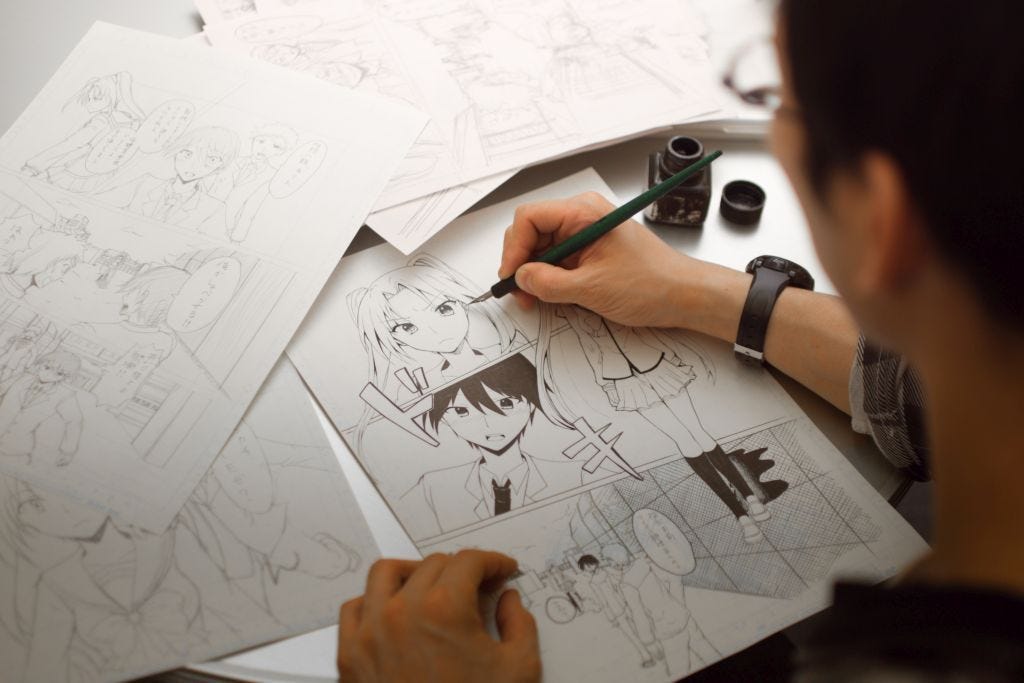
While some mangaka achieve commercial success and financial stability, many need help to make ends meet.
Income primarily comes from royalties earned through manga sales, supplemented by revenue generated from merchandise sales and adaptations into anime and other media formats.
Mangaka’s Work Environment:
Mangaka typically works in manga studios, collaborating with editors and assistants to bring their creations to life.
The work environment can be intense, with extended hours refining artwork and developing storylines to meet deadlines.
Diversity In Manga:
Manga encompasses various genres and themes, catering to diverse audiences with varying interests.
From action-packed shonen series to heartwarming shojo romances, manga offers something for everyone.
Increasingly, creators are pushing boundaries and exploring new narratives that reflect the richness and diversity of human experience.
Mangaka’s Impact On Readers:
The bond between mangaka and readers is profound, with many fans forming emotional connections to their favorite series and characters.
Manga has the power to inspire, offering readers a form of escapism and sparking their imagination.
Through their stories, mangaka can provoke thought, evoke empathy, and resonate with audiences on a deeply personal level.
Future Of Mangaka:
As technology advances, the landscape of manga continues to evolve. Digital platforms have democratized the creation and distribution of manga, allowing aspiring mangaka to reach global audiences with their work.
The industry’s future holds promise, with opportunities for innovation and collaboration driving its growth and expansion.
Conclusion:
In conclusion, mangaka are the driving force behind Japan’s vibrant manga industry, captivating audiences with their imaginative storytelling and breathtaking artwork. Through their dedication and creativity, mangaka has shaped the cultural landscape of Japan and inspired countless individuals worldwide. As the industry continues to evolve, mangaka will undoubtedly play a pivotal role in shaping its future trajectory.
FAQs:
1. What Does A Mangaka Do?
A mangaka is a comic artist who writes and illustrates manga, the distinctive style of Japanese comic books.
2. How Much Do Mangakas Earn?
Mangakas’ earnings vary widely depending on sales, royalties, and adaptations. Some achieve financial success, while others struggle to make ends meet.
3. Can Anyone Become A Mangaka?
While anyone can aspire to become a mangaka, success in the industry requires a combination of artistic talent, storytelling skills, and dedication to the craft.
4. What Are Some Famous Mangakas?
Icons like Osamu Tezuka, Akira Toriyama, and Naoko Takeuchi are renowned for their contributions to manga and anime.
5. How Long Does It Take To Create A Manga Series?
The time required to create a manga series varies depending on complexity, length, and the artist’s working speed.
Read More:
